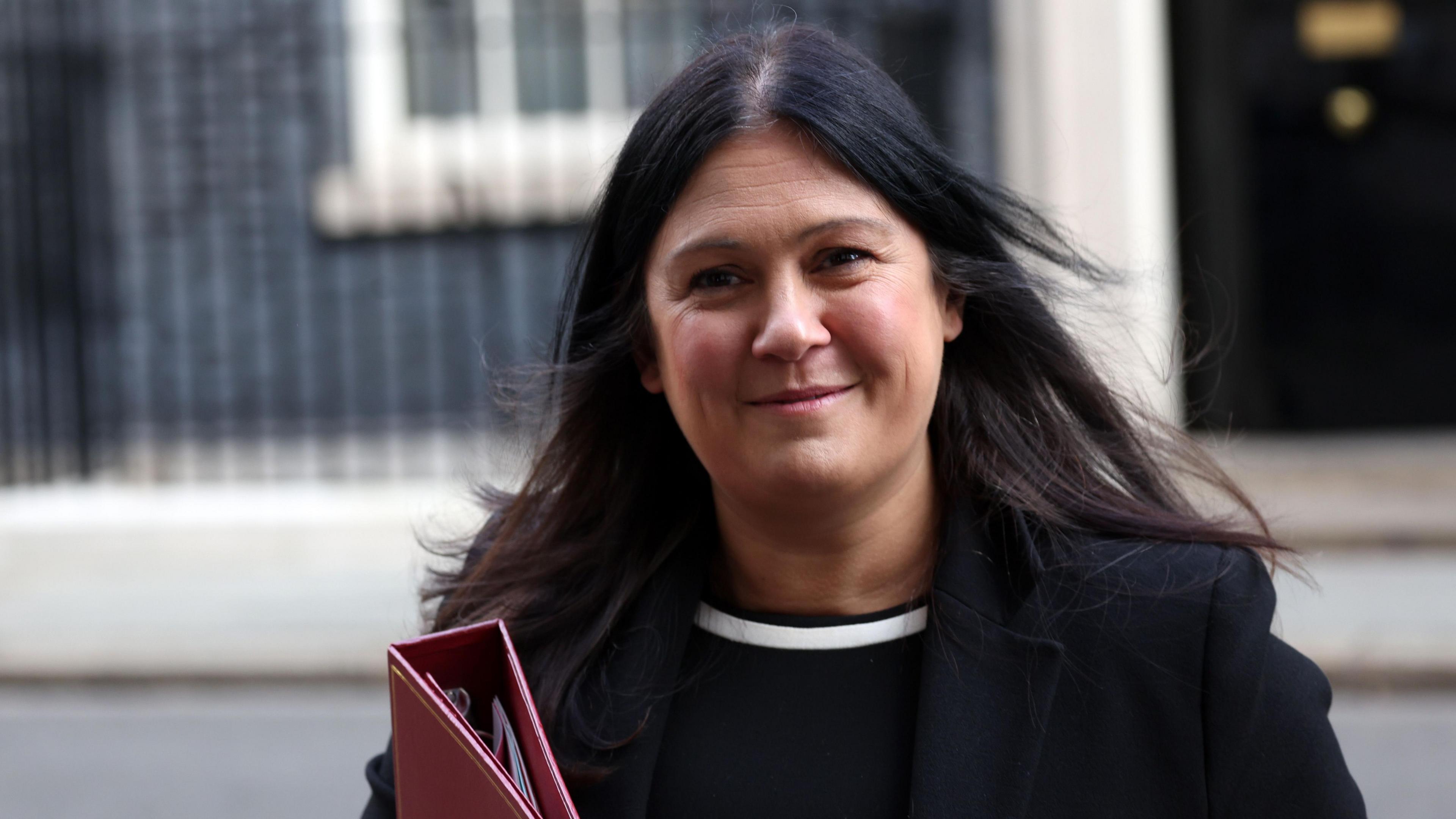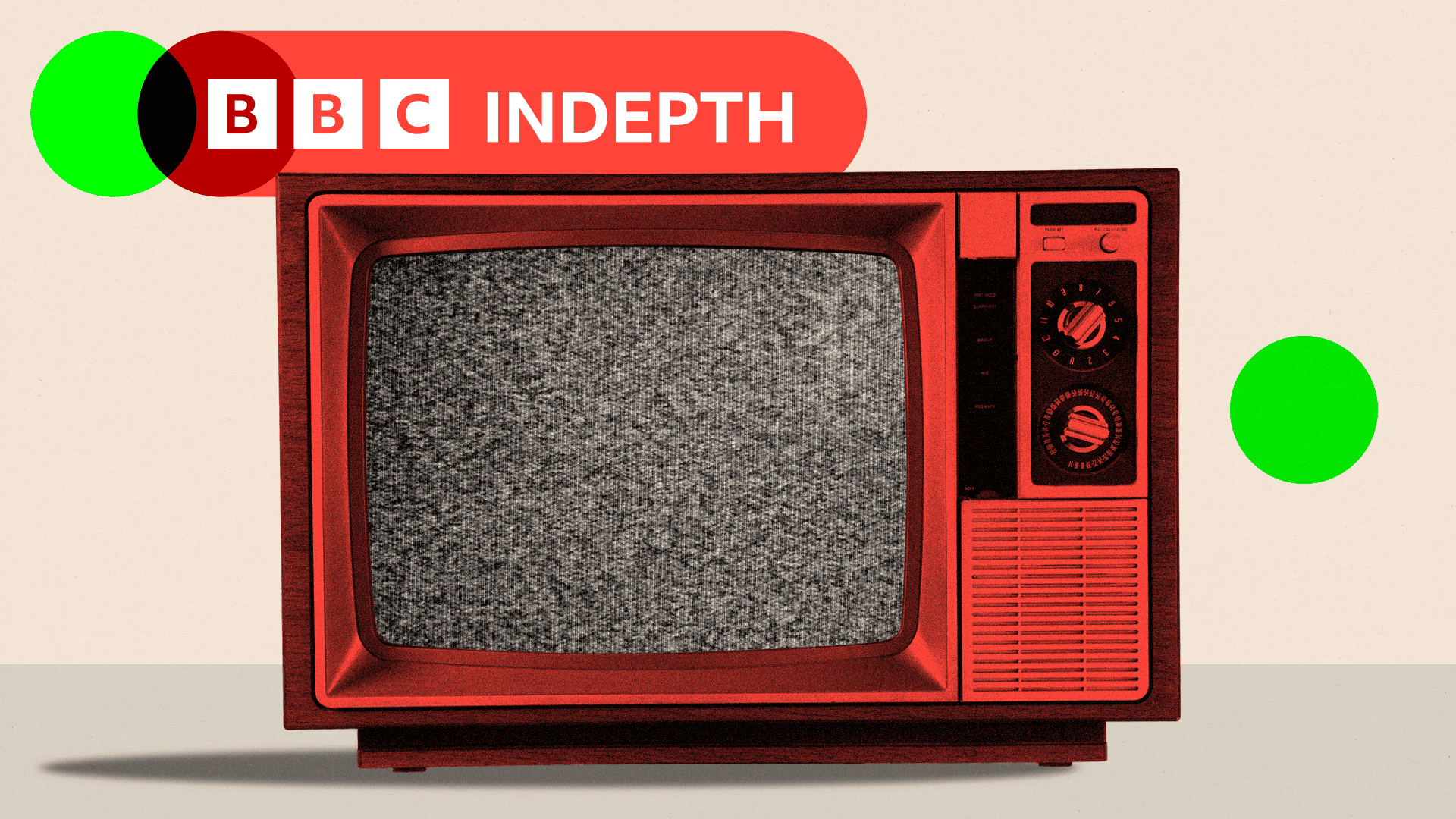BBC boss vows to tackle Britain's 'crisis of trust'
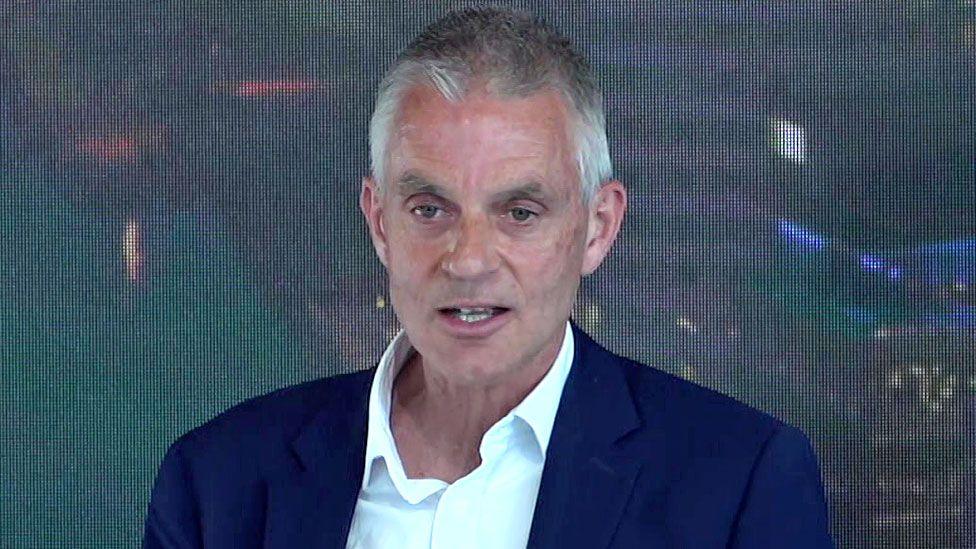
Tim Davie said the BBC was ready to "play its full part" in "shaping the future"
- Published
The BBC can help tackle a "crisis of trust" in UK society, the broadcaster's director general has said.
Tim Davie has used a speech to set out measures he says will allow the broadcaster to play a leading role in reversing a breakdown in trust in information and institutions, as well as combating division and disconnection between people.
They include expanding fact-checking service BBC Verify, giving children lessons about disinformation, and doing more to scrutinise local politicians.
He also said the system of funding the BBC "should be reformed and should be modernised" - but didn't say whether the licence fee should survive or what should replace it.
Mr Davie used the speech to civic and community leaders in Salford to set out his vision for the corporation's future, and the role it can play in the UK.
"The BBC is ready to play its full part – not simply defending tradition, but shaping the future," he said.
"A future where trusted information strengthens democracy, where every child has a fair start, where creativity fuels growth and social capital, and where no-one is left behind in the digital age."
Mr Davie added: "The future of our civilised, cohesive, democratic society is, for the first time in my life, at risk."
BBC 'must reform faster'
The BBC's current royal charter, which sets out the terms and purposes of its existence, expires in 2027, and negotiations with the government about its renewal are ramping up.
The BBC must "reform faster and get more support to avoid decline", he said.
He said he was not asking for the "status quo" in funding, and said he would "keep an open mind" about the future of the licence fee or what could replace it.
Any future method of funding must ensure the BBC remains a universal service, he stressed.
Asked by BBC News whether the days of the TV licence are over, he replied: "I think a universal payment is not over. What it's called, I think, is slightly secondary.
"The thing is, do we want a universal fee? The current licence fee works and I think is a very good system, but we are saying that based on changing audience behaviour and these huge changes in the world, the system should be reformed and should be modernised.
"But what we do want is a way in which everyone pays for the BBC fairly, and that is absolutely what we're hunting for."
Funding the BBC from advertising or subscription would not "pass the test of building a universal trusted public service", he said.
He also called for "more help" from the government to fund the World Service, calling it a "priceless national asset", and saying "the government should invest for significant growth, not survival".
However, there have been recent reports, external that ministers have asked BBC bosses to draw up plans for cuts to World Service funding.
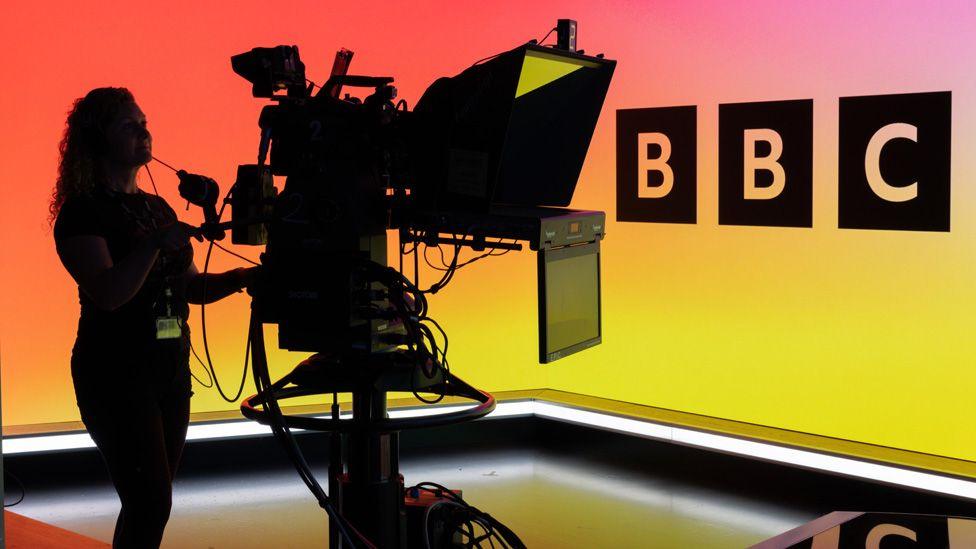
In his speech, Mr Davie argued that the BBC could play a key part in making the UK a "global leader in trusted information", support democracy, boost education and economic growth, and improve digital access.
The BBC's future would involve "doubling down on impartiality, championing free, fair reporting alongside landmark investigative journalism, investing in BBC Verify and InDepth as well as increasing transparency and holding our nerve amidst culture wars", he said.
The BBC can "help turn the tide" and improve trust by "dramatically increasing" the amound of news coverage on platforms like YouTube and Tik Tok have a stronger presence amid the online noise.
It will also combine AI agent technology with BBC journalism to create "a new gold standard fact checking tool", he said, but without relinquishing editorial oversight.
"Our aim is to work globally with other public service broadcasters to ensure a healthy core of fact-based news."
The BBC will also:
Expand its expand Local Democracy Reporting Service from focusing on local councils to scrutinise health authorities, police and crime commissioners, and regional mayors
Create specialist BBC Insight teams across the UK to do more investigative reporting, and expand local BBC Verify and InDepth work
Launch new political debate radio shows for different areas, modelled on Radio 4's Any Questions
Give every child "proper training on disinformation" and potentially develop qualifications in disinformation studies
Offer a new BBC family account for every parent of a young child, offering support at key milestones from birth to leaving school
Move more executive roles outside London
The BBC says it is the most trusted news provider in the UK, with 45% of the population naming it as the source they trusted the most in 2024. That is down from 57% a decade ago.
Mr Davie also called for a national plan to switch off traditional broadcast transmissions in the 2030s, and ensure a "smooth" transition to internet-only delivery of programmes.
The BBC could launch its own device aimed at people who haven't switched to streaming, based on the existing Freely online service, Mr Davie said.
"We want to double down on Freely as a universal free service to deliver live TV over broadband.
"And we want to consider developing and launching a streaming media device with Freely capabilities built in, with a radically simplified user interface specifically designed to help those yet to benefit from IP services."
Related topics
- Published14 May
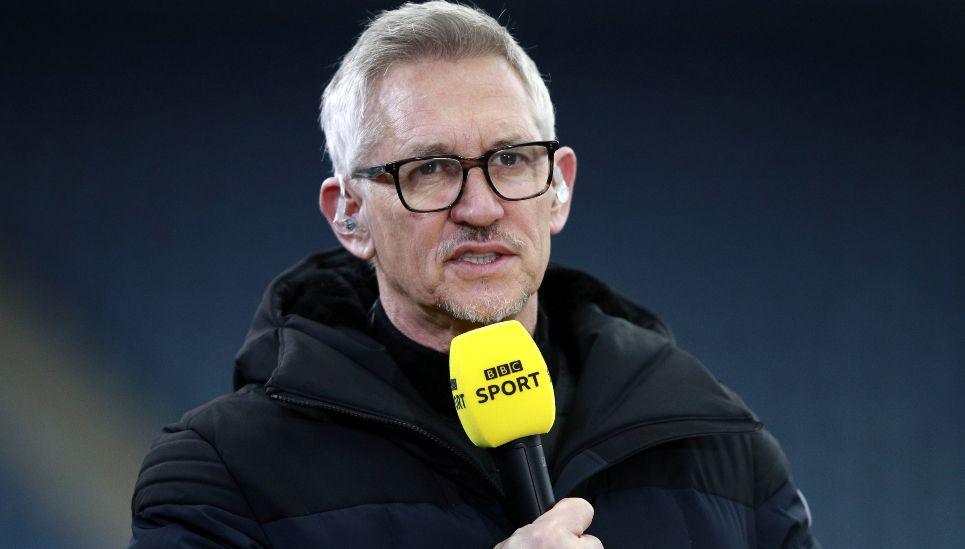
- Published28 April
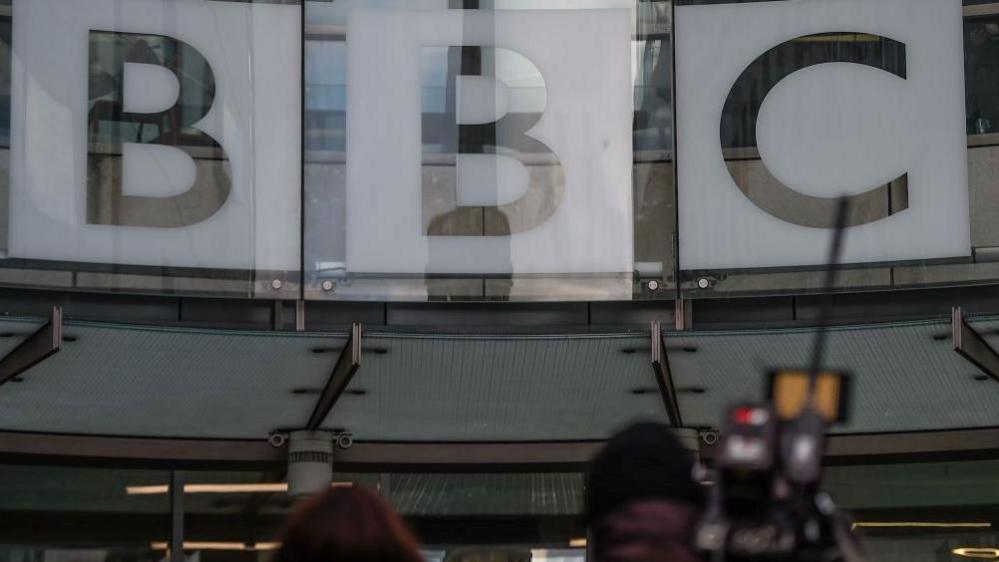
- Published28 April

- Published26 April
